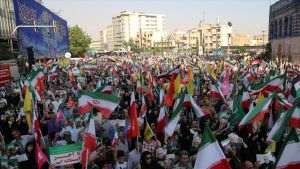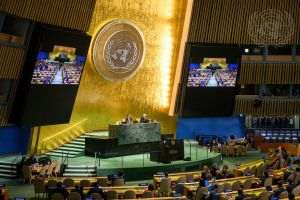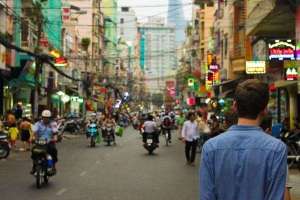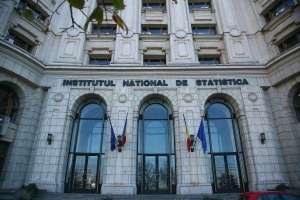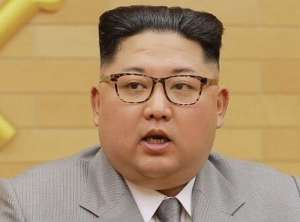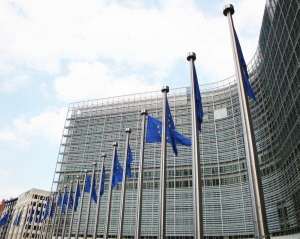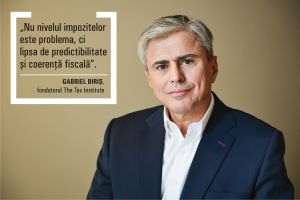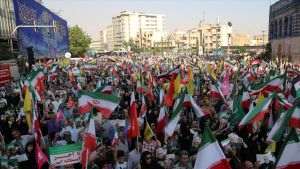Austerity policies, associated with the debt crisis unfairly weigh on the poor, cardinal Oscar Andres Rodriguez Maradiaga recently said, in an interview with Bloomberg, the closest advisor to Pope Francis.
"Part of the price needs to be borne by the rich companies. All the money in the world for the banks that have to be saved, but for the poor there is no money", said the cardinal, who helped negotiate the cut of Honduras' debt in the 90s, as a Vatican spokesperson in the field of the debts of developing countries with the International Monetary Fund and the World Bank.
The ongoing pressure for the canceling of the debts culminated in 2007 with an action of the G8 leaders, to eradicate the foreign debts of 26 of the world's poorest countries. Maradiaga refused to comment on whether Greece, which is the most indebted state in Europe, should be treated in a similar manner.
The cardinal has announced that Pope Francis will denounce the iniquities of capitalism, during a visit in the US in September, when he will become the first pope that will address Congress.
"Changes are needed, so that capitalism can become more human, or else the inequities will continue to increase, and inequalities generate violence, frustration, pain and particularly insecurity, in every regard", the 72-year old cardinal said.
Pope Francis will present before the congressmen the same ideas expressed in 2013, in Evangelii gaudium, his first major papal work. In the document in question, Pope Francis attacked "the idolization of money and a financial system of exclusion and inequality".

